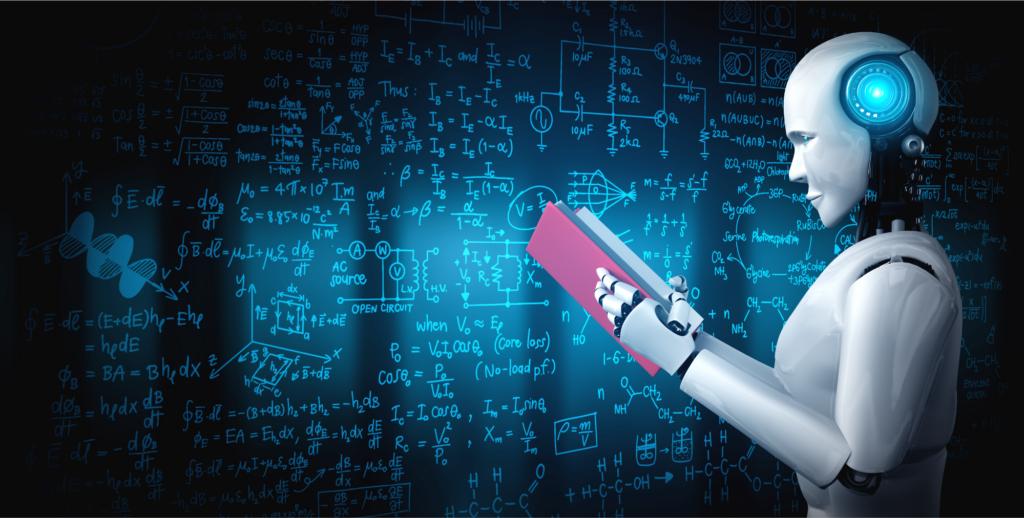By Andy Valencia
Starting with this issue, The Vashon Loop has updated its editorial policies to clarify that AI-generated art and writing are not eligible for publication in the paper or on the web site.
I felt like I should explain my reasons for proposing this new policy, and why I’m pleased it has been adopted. Why do I want The Loop to be “By humans, for humans?”
Using reductio ad absurdum, imagine AI routines replacing every human function. Each AI is writing, reading the writing, gardening, cooking, building, sleeping, drawing, and even critiquing itself or other AIs. There are no humans needed – although perhaps a tribe will be kept in a zoo. The AIs use less power, can be smaller, faster, and can reprogram away any undesired tendency as soon as it is detected. When one becomes inconvenient, it can be deleted.
Was nothing lost? Or everything?
All of the AI in the modern world is created using either rule-based systems, or pattern detection and application. In the former, humans manually distill the guidelines that control the AI application. In the latter, the AI application detects and correlates patterns within enormous amounts of human-made media – writing, images, audio samples, and the like. In either case, the AI then applies its existing data – its knowledge base – to process new questions or other requests. It uses the same knowledge base – in reverse – to form an answer.
Thus, all current AI you’ll encounter is based on what people have done and thought previously. For each 1,000 year sample back in time for which we can find artifacts, there are profound revolutions in thought, as expressed by art and literature. AI simply apes this great arc of human expression. It would be an implausible, even fantastic, coincidence that humans are done with inspiration, innovation, and genius, just as this brand-new mimic arrives. What comes next matters.
Every technology arrives with its own new risks. For AI, the danger is that its derivative use of past human achievement will become a blight on future prospects. History is full of examples where the pursuit of efficiency resulted in catastrophe, and efficiency is the siren call of AI. Wrapped in novelty, the latest generation of AI-ChatGPT is in its vanguard – enjoying bemused acceptance by homo sapiens. It can write essays, poems, even pass tests.
When we’re increasingly told that the world does not need us, at what point do we start objecting?
The Loop is dedicating its resources to humans. It is placing its bet, if you will, on the belief that value comes from people. AI steals from humanity, offering the cheap, bland, and efficient in place of true human expression. Corporations and governments (but I repeat myself) view us all as a messy and unfortunate accident, and AI offers tantalizing new possibilities. Against this stands only the sentiment, “People are valuable.” Make it a statement, not a question.

